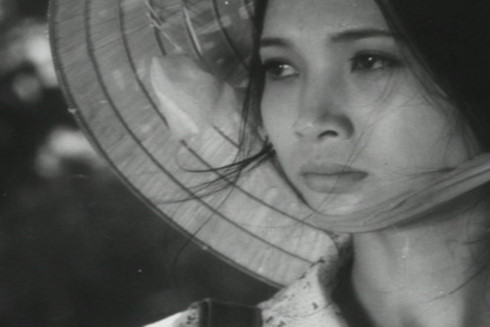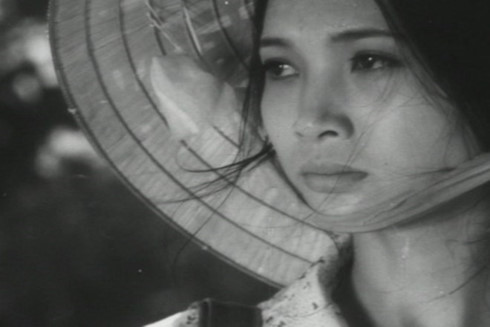
Vietnam will present the classic film, Bao Gio Cho Den Thang Muoi (When October Comes) at ASEAN Film Festival 2017, which kicked off in Cambodia on September 8.

jointly held by
Cambodia’s information ministry and the embassies of the 10 ASEAN nations, the
event commemorates the 50th anniversary of the forming of the Association of
Southeast Asian Nations (ASEAN).
Each embassy will select a film from its country to be screened on the National
Television of Kampuchea (TVK) and Royal Armed Forces Television Channel 5 (TV5)
at 10pm every day for the duration of the festival.
Other films that will be aired include Pee Mak (Thailand), Ada
Apa Dengan Rina (Brunei), Lousiss Loves Bai Tong (Laos), By
Coincidence (Myanmar) and Price of Love (Cambodia).
Director Dang Nhat Minh’s When October Comes, released in 1984, is a
haunting portrayal of one woman’s struggle with loss and personal sacrifice
during the war. Many local and international critics consider it to be the
greatest Vietnamese movie ever made.
The film won a Special Jury Award at the Hawaii International Film Festival in
1985 as well as a Golden Lotus at the Vietnam National Film Festival in the same
year. It was selected by CNN as one of the 18 all-time best Asian films.
The ASEAN Film Festival will run until September 15.
Source: VOV
With an increasingly vibrant and widespread emulation movement aimed at building cultured residential areas and cultured families, Yen Thuy District has been making steady progress toward improving both the material and spiritual well-being of its people, while fostering a civilized, prosperous, beautiful, and progressive community.
Once lacking recreational spaces and community facilities, Residential Group 2 in Quynh Lam Ward (Hoa Binh City) has recently received attention for the construction of a new, spacious, and fully equipped cultural house. The project followed the model of state support combined with public contributions in both labor and funding.
The "All people unite to build cultural life" movement, which has been effectively integrated with Kim Boi district’s socio-economic development goals, is fostering a lively spirit of emulation across local residential areas, hamlets, villages, public agencies, and enterprises. In addition, through the initiative, traditional cultural values are being preserved and promoted, while community solidarity and mutual support in poverty reduction and economic development are being strengthened.
A working delegation of the Hoa Binh provincial People’s Committee led by its Permanent Vice Chairman Nguyen Van Toan on June 11 inspected the progress of a project to build the Mo Muong Cultural Heritage Conservation Space linked to tourism services in Hop Phong commune, Cao Phong district.
Born and growing in the heroic land of Muong Dong, Dinh Thi Kieu Dung, a resident in Bo town of Kim Boi district, in her childhood was nurtured by the sweet lullabies of her grandmother and mother. These melodies deeply imprinted on her soul, becoming an inseparable part of her love for her ethnic group's culture. For over 20 years, this love for her hometown has driven Dung to research, collect, and pass down the cultural values of the Muong people to future generations.
In the final days of May, the Ethnic Art Troupe of Hoa Binh Province organized performances to serve the people in remote, mountainous, and particularly disadvantaged areas within the province. These were not just ordinary artistic shows, but they were the meaningful journeys aimed at spreading cultural values, enhancing the spiritual life of the people and contributing to the preservation of ethnic minority cultural identities.



